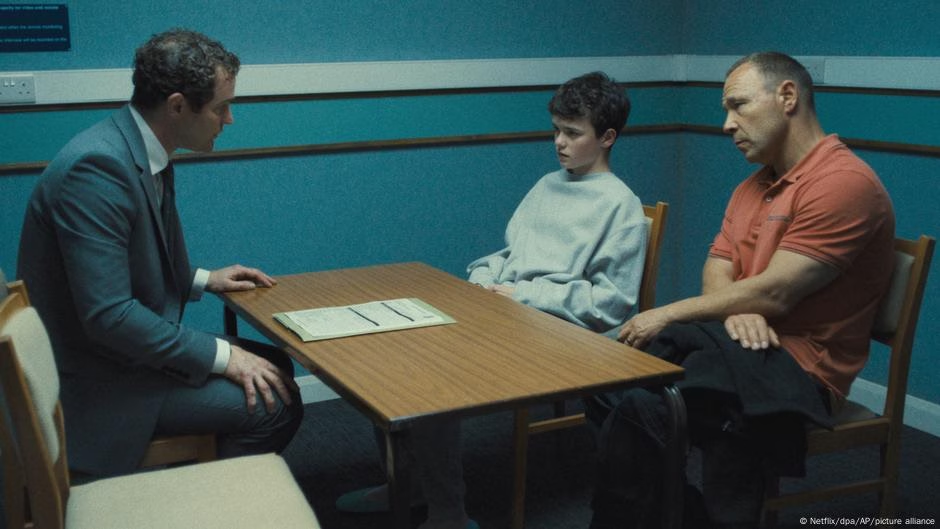The release of Netflix’s “Adolescence,” which portrays the fallout from online radicalization of young boys by misogynistic figures like Andrew Tate, highlights a long-suspected concern: excessive online activities can have a detrimental impact on the minds of teenagers. The show has influenced government policy, with UK Prime Minister Keir Starmer expressing interest in addressing the “emerging and growing problem” of online radicalization of young males after watching “Adolescence.” Historically, each generation has feared external influences corrupting the youth, from Socrates in ancient times to the Rolling Stones in the 1960s. However, the current moral panic about smartphone use is backed by evidence.
Recent research indicates that excessive screen use is at least partially responsible for a rise in physical and mental health issues in teenagers. Health experts are concerned that the internet is rewiring teenage brains, with studies linking excess screen time to reduced attention spans and disrupted sleep patterns in both adults and adolescents. Data shows that more than half of US teens spend an average of seven hours a day watching screens, with similar trends in Europe and Latin America.
Mental health therapist Stephen Buchwald from Manhattan Mental Health in New York observes a rise in anxiety and self-esteem issues tied to excessive digital engagement among young patients. Mental health conditions among teenagers have increased by 35% between 2016 and 2023, with over 20% of US teens now having a mental or behavioral health condition. Smartphone apps and social media platforms can lead to addiction, with pornography, gaming, and social media addictions becoming more prevalent among teenagers.
The algorithm-driven nature of the internet can expose children to harmful content that supports male supremacy and other extreme ideologies, leading to the “Red Pill effect,” where teenagers unknowingly absorb antifeminist narratives. Buchwald suggests that parents must be aware of what their children are consuming online and involve them in discussions about their digital activities. The rise in physical and mental health conditions among teens is not solely due to smartphone use. Factors such as sedentary lifestyles and the consumption of ultra-processed foods, tobacco, and alcohol contribute as well.
Some countries are implementing laws to curb smartphone use, such as limiting smartphone access in schools. Experts warn that such measures alone won’t solve the problem. They recommend that adults help build teenagers’ defenses against online dangers, involve teenagers in discussions about the online world, and encourage a healthy balance between online and offline activities. Parents can set clear boundaries, encourage alternative hobbies, have open discussions about online content, and use parental control tools to help create a healthy relationship with technology.
In addition to regulating screen time, experts advocate for educational programs about the importance of exercise and a healthy diet, as eating healthy food has been found to reduce chronic pain. Adults should lead by example in managing their own screen habits, fostering a culture of media literacy and safe internet navigation among children.
Source: https://www.dw.com/en/netflix-adolescence-teen-minds-on-screen/a-72129827?maca=en-rss-en-all-1573-rdf







